Written by: TRACER
Compiled by: Tim, PANews
Brian Armstrong is one of the wealthiest figures in the cryptocurrency field, having founded the Coinbase exchange and earning $8 billion in just five years, with Forbes ranking him among the top global investors.
Here are his Memecoin secrets, strategies, and five major predictions.
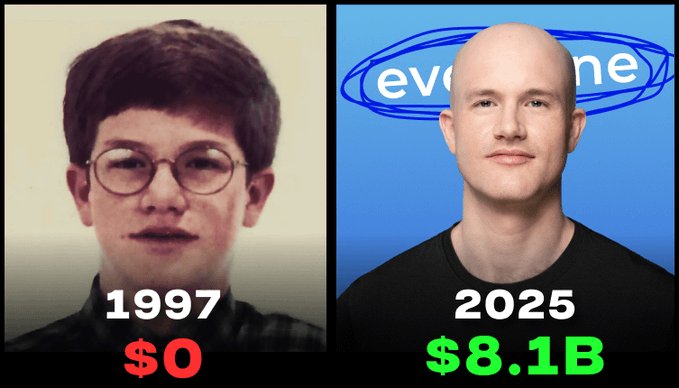
The massive development of the cryptocurrency industry owes gratitude to a few key individuals, and Brian Armstrong is one of them.
He entered this field due to his technological belief and completely changed his life trajectory through his conviction in Bitcoin.
Brian Armstrong's growth experience and industry insights are worth repeated reading and drawing inspiration from:
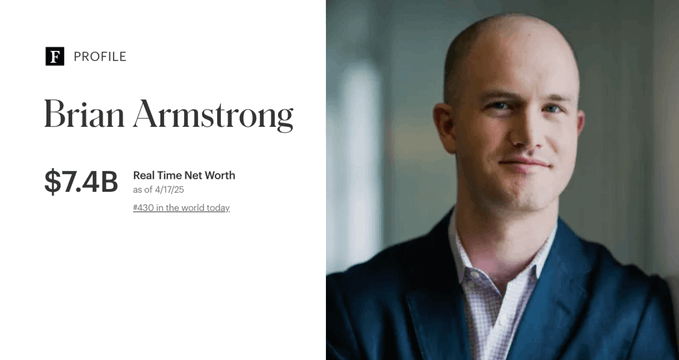
Brian was born in San Jose, California, and showed entrepreneurial potential from a young age.
In an interview, he candidly admitted being called to the principal's office for selling candy on the school playground.
During high school, he developed a passion for internet technology and began learning programming.

Afterwards, he went to Rice University and obtained a master's degree.
After graduation, he chose to live in Buenos Aires, Argentina for a year, during which he personally experienced hyperinflation.
Cryptocurrency, as a method to combat such economic turmoil, became his future area of research.

After college and a series of jobs, he co-created an intermediary service platform for finding private tutors.
The platform allowed teachers to post personal information and offer teaching services to potential student clients.
Brian Armstrong served as the CEO of this project for eight years and successfully sold it for a price 21 times his annual income.
Brian Armstrong first learned about Bitcoin during Christmas 2010 while living at his parents' home in San Jose, accidentally discovering Satoshi Nakamoto's foundational document - "Bitcoin: A Peer-to-Peer Electronic Cash System".
From that moment, he began considering creating something significant.

He adopted a business principle: "Those who get rich are not gold diggers, but those who sell shovels".
At the time, there was a direct competitor in the industry, the famous Mt. Gox, which had serious transaction delay issues.
In 2021, Brian Armstrong and Fred Ehrsam officially registered Coinbase.
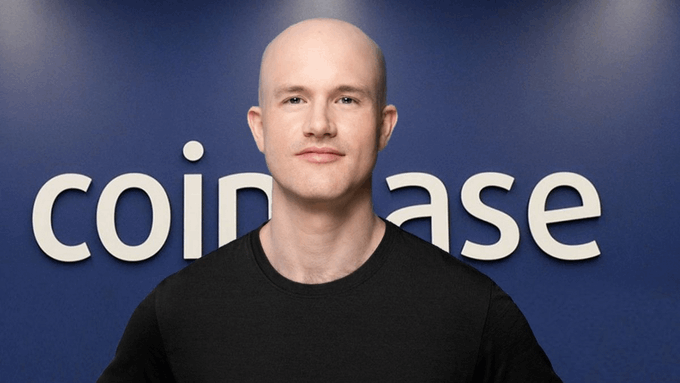
Coinbase began receiving massive investments, with a valuation over 8 times his original target. He initially planned to create a company valued at $1 billion.
Now, Brian Armstrong is living his ideal life, with billions in wealth.
He actively shares his views and suggestions, which you absolutely should consider:
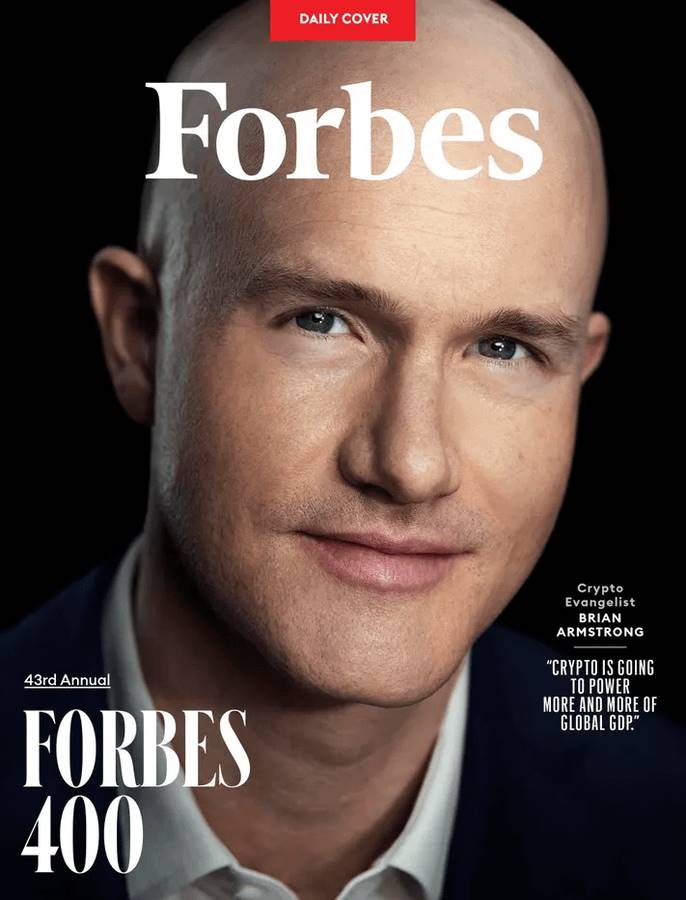
Currently, Brian Armstrong firmly believes in the necessity of reforming cryptocurrency regulatory policies.
The previous government severely hindered the industry's development, and now is the best time to correct this issue.
Various sectors are discussing appointing a pro-cryptocurrency SEC chair and establishing a clear, stable legal framework, which would constitute a major positive for the cryptocurrency market.
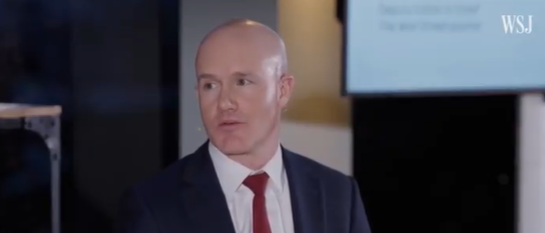
Brian Armstrong holds a quite positive view of Memecoin and believes they have certain development prospects.
In his view, just as GIF animations and internet memes have become part of the internet economy, Memecoin could also become an important cultural and even economic phenomenon.
This is a weighty perspective worth deep consideration.
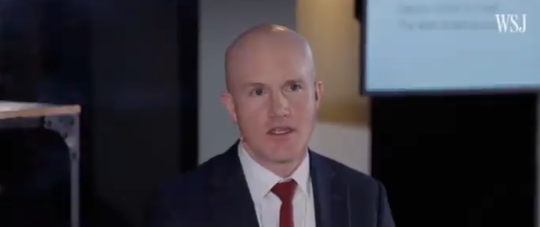
Brian also shared a media browsing recommendation: never listen to those promoters on YouTube.
3 core elements to focus on when analyzing projects:
Number of GitHub code contributions
Team activity on Twitter and Discord
Response to criticism; if the project team remains silent, it's a dangerous signal
The current Trump administration's policies may significantly increase institutional fund liquidity in the market, all stemming from government actions that will effectively enhance financial institutions' confidence, with the core driving force being the government's advancement of legislation related to stablecoins and digital dollars.
Brian Armstrong believes that cryptocurrency will never replace the traditional financial system but will provide a powerful supplement.
Exchange-traded funds (ETFs), asset custody services, and deeply integrated products with banks and financial technology platforms will become development trends.
This is essentially a practical advice: must develop products that can interface with traditional financial architectures.







